The energy transition is associated with many challenges, such as an increase in the efficiency of energy conversion systems based on renewable energies and their integration into future energy systems, requiring e.g. the development of capable energy storage systems and an intelligent demand side management. Our Master´s program in Energy Engineering and Management provides a comprehensive understanding of present and future energy systems, and the complex interactions of their elements. Graduates are able to analyze and optimize the energy systems' operating efficiency, availability, and safety.
Focus Points
- Power Generation (Solar, Thermal, Wind, Biomass, Gas, Coal)
- Energy Storage (Batteries, Thermal, Hydrogen, Fuel)
- Smart Grids & Buildings
- Power-to-X & X-to-Power
Key Facts
- Structure: Part-time (but enrolled as a fulltime student)
- Duration: 15 months plus time needed for master's thesis (varies)
- Module abroad in Barcelona, Spain: one of the management modules is held at the prestigious ESADE Business School in Barcelona/ Spain.
- Costs: 36,000.00 € (thirty-six thousand Euro) overall (detailed information on our costs and fees webpage)
- Language: English
- Degree: Master of Science (M.Sc.) of the Karlsruhe Institute of Technology (KIT), 90 ECTS
- Start: Every year in October (flexible schedule possible)
- Application deadline: There is none. We have a rolling application process.
- Admission requirements: First academic degree (e.g. Bachelor, Master or Diploma), at least 2 years professional experience, English language proficiency. Find more here.
- Accreditation: by aaq
The master's program Energy Engineering and Management is divided into 5 engineering and 5 management modules of 2 weeks each, over a period of 15 months. The modules are followed by a master thesis written in the company (9 months) and often used as an innovation project for the company. The overall duration is approx. 20 months.
| Engineering Modules | Management Modules |
|---|---|
"Selected Topics of Electrical Engineering", or |
|
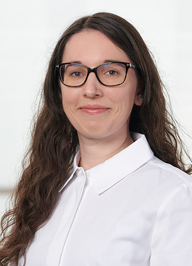
Katrin Olböter (she / her)
Manager Recruitment & Admissions
info ∂does-not-exist.hectorschool com
+49 721 608 47019
Program Content & International Lectures
KIT's core competencies in the energy sector cover the entire energy chain from (renewable) energy generation, conversion, and distribution to social integration. In view of the constantly changing regulations on the international energy markets, the Master's program with its selection of engineering modules from KIT's teaching offers a unique holistic and international approach to the further education of (junior) executives in this sector.
![]() Download the program catalogue
Download the program catalogue
International Cooperation
HECTOR School maintains fruitful cooperations with various academic partners worldwide. In the Master’s program Energy Engineering and Management, one of the Management modules is held in Barcelona at the ESADE Business School.
Program Structure & Academic Calendar
Program Structure
The concurrently taught Executive Master’s program is designed for working professionals. Block lectures scheduled at intervals allow participants to continue their demanding careers while acquiring new skills.
5 Management modules present broader knowledge in management know-how, including two modules conveying the universal topic of digitalization and the associated disruptive innovations. The 5 Engineering modules provide deeper knowledge in technological topics.
Download the Academic Calendar Intake 2025 (PDF)
Content Overview & Learning Targets
Order now our "Content Overview and Learning Targets" (COLT) to get a better understanding of your favored Master Program. You will get an overview over
- Study objectives (e.g. professional qualification for certain activities, scientific practice, knowledge of methods)
- Structure of the program
- Content and definition of courses (sub-areas, focal points)
- Study plan
Click here to request your "Content Overview and Learning Targets" handbook.
Economic Sector & Career Perspectives
Participants of Energy Engineering and Management
High Potentials working as project managers, or engineering executives in the branches of energy generation, transportation, distribution, storage or sales, e.g. in:
- Utility companies
- Energy suppliers
- Manufacturers of power generation
Career Perspectives after Graduation
To master the manifold challenges of an energy revolution there is a need of highly qualified professionals who are willing to shape the future of energy supply.
Alumni Voice
„The program covers various areas (...), not only energy sources and supply, but also the economics aspects. The interesting fact about the course is that the lecturers are from both the university and industry. Hence, not only do I gain the theoretical background but also some insights of the real industry, which include a couple of excursions to running power plants.“
Siti Nurhafizah Haji Tengah, HECTOR School Graduate EEM, HAD Technologies
Find more Alumni Voices of our Master´s Programs
Academic Requirements & Admission Statutes
Academic Requirements
- University degree in a relevant subject
- Professional experience (at least 1-2 years) & current employment
- English proficiency
Detailed description of all admission requirements
Admission Statutes
Download here the statutes for admission (German PDF) to the Master's program in Energy Engineering and Management.
Program Directors & Faculties
Program Directors
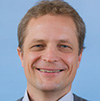 |
Prof. Dr.-Ing. Marc Hiller
|
 |
Prof. Dr. Stefan Nickel
|
KIT Teaching Quality
The HECTOR School offers top-level teaching derived from state-of-the-art research at the Karlsruhe Institute of Technology (KIT). Numerous institutes and departments of the KIT are involved in the HECTOR School Master´s program Energy Engineering and Management:
- Department of Mechanical Engineering
- Engler-Bunte-Institute Division of Combustion Technology
- Institute of Applied Geosciences
- Institute of Applied Materials
- Institute of Information Systems and Marketing
- Institute of Economic Policy Research
- Institute of Finance, Banking and Insurance
- Institute of Industrial Production
- Institute of Information Law
- Institute of Neutron Physics and Reactor Technology
- Institute of Nuclear Energy Technologies
- Institute of Technical Physics
- Institute of Theoretical Informatics
- Institute of Applied Business Studies and Management
- Institute of Applied Informatics and Formal Description Methods
- Institute of Economic Policy Research
- Institute of Economic Theory and Statistics
- Institute of Product Development
- Institute of Thermal Turbomachinery
- Light Technology Institute

Find out which requirements you need in order to be admitted to our Master's programs.
READ MORE
Unsure about how to apply to our Master's programs?
READ MORE
We assist you in finding the best education program to fit your individual needs and career profile.
READ MORE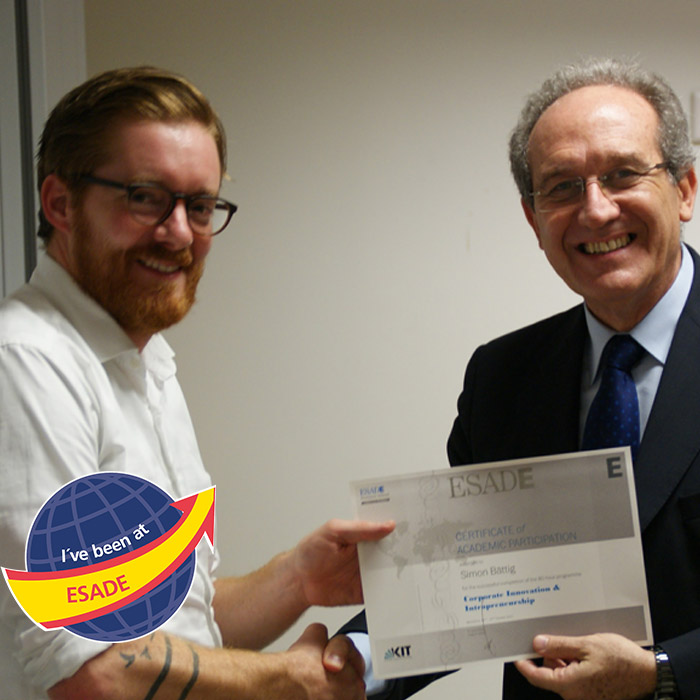
Simon Baettig, Alumnus: "I especially enjoyed the value creation course."
Read more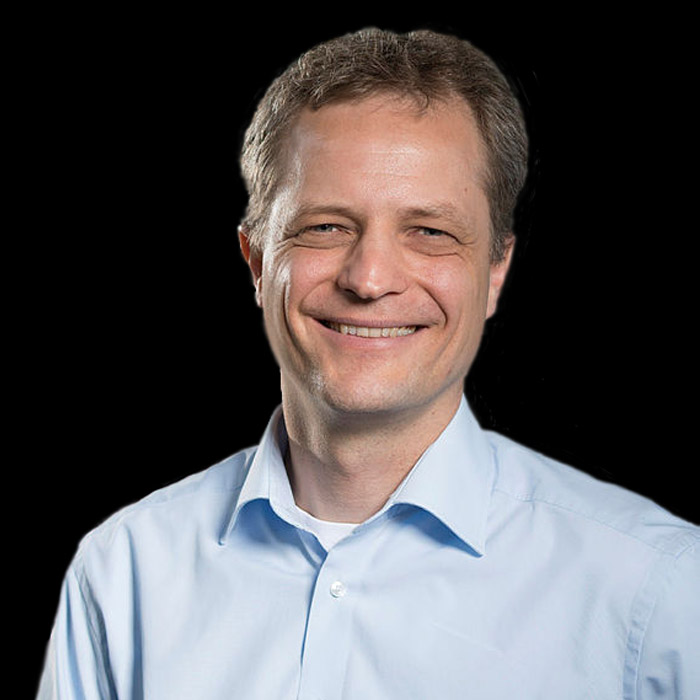
Faces behind HECTOR School:
Program Director Prof. Hiller gives insights.
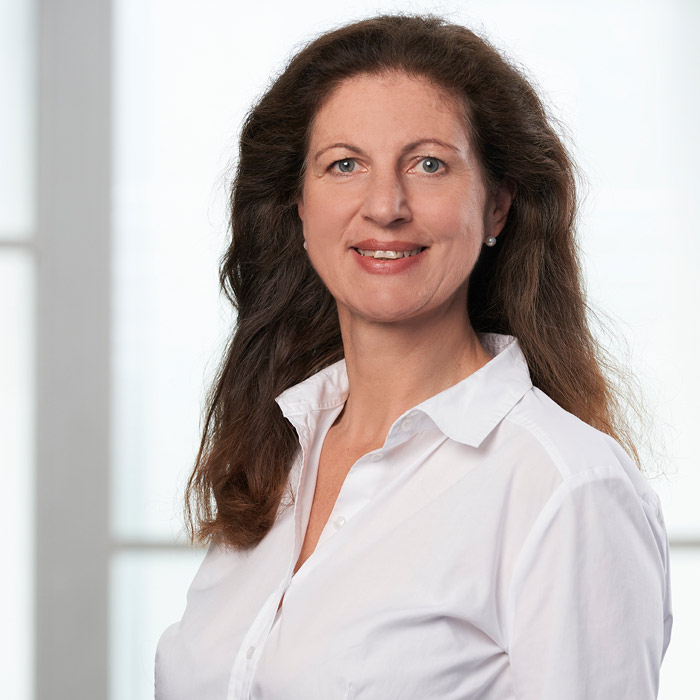
If you have any inquiries regarding our programs, the application process and more, our Program Consultants are happy to help.
Ask us*Preparatory Courses:
Crash courses „Engineering Thermodynamics", "Fluid Mechanics” and "Selected Topics of Electrical Engineering": Participants without experience in the field of thermodynamics and/or fluid mechanics are highly recommended to take part in the crash courses, taking place from November 3 - November 7, 2025.
We highly recommend all applicants to participate in the courses to update the technical knowledge, as it might be a crucial factor for a successful degree at HECTOR School.




